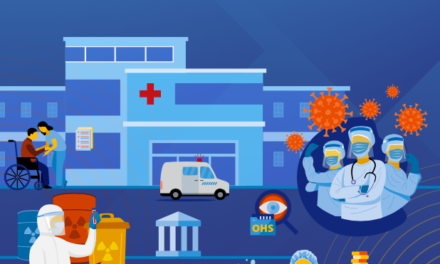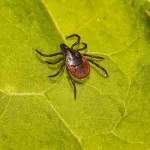A revolutionary approach to cancer treatment is on the horizon, with researchers at the University of Massachusetts Amherst and Ernest Pharmaceuticals preparing for clinical trials of BacID, a novel non-toxic bacterial therapy designed to target and destroy high-mortality cancers such as liver, ovarian, and metastatic breast cancer.
This groundbreaking research, published in Molecular Therapy, heralds a significant advancement in cancer treatment by using genetically engineered bacteria to deliver cancer-fighting drugs directly to tumor cells, minimizing harm to healthy tissue. The therapy is expected to enter clinical trials with human patients in 2027.
“What’s so exciting is that we now have all the critical components to create an effective bacterial treatment for cancer,” said Neil Forbes, senior author of the study and professor of chemical engineering at UMass Amherst. The team has spent over a decade refining BacID, a platform that utilizes specially engineered strains of Salmonella bacteria, which naturally home to tumor sites.
Lead author Vishnu Raman, who completed his Ph.D. at UMass Amherst’s Institute for Applied Life Sciences (IALS), emphasized the targeted nature of the therapy, which could revolutionize the treatment of late-stage cancers. “Bacteria naturally target tumors, and with this approach, we can treat certain cancers without the severe side effects associated with conventional therapies like chemotherapy,” he said.
The bacteria used in BacID are genetically modified to safely invade and grow within tumors, where they exponentially multiply and deliver a significantly higher concentration of cancer drugs than conventional treatments. A major breakthrough was the development of a third-generation strain that enables precise control over when and where the bacteria release the therapy inside cancer cells.
“We’ve engineered the bacteria to be 100 times safer than previous strains,” said Raman, who also serves as the chief scientific officer of Ernest Pharmaceuticals, a startup co-founded by Forbes and Nele Van Dessel, a bioengineer. “By controlling the bacteria’s activation with a simple aspirin dose, we can ensure the therapy is delivered directly to the tumor while minimizing risk to healthy tissues.”
The bacterial therapy is administered intravenously, where it spreads throughout the body but is quickly cleared from healthy organs by the immune system. The bacteria then remain concentrated within tumors for up to three days, until the patient takes an over-the-counter dose of aspirin. This triggers the bacteria to invade cancer cells, where they deliver the therapeutic payload and self-destruct, effectively targeting and destroying the tumor cells.
Raman and his team are now focused on receiving regulatory approval for clinical trials, with the goal of bringing this innovative, patient-friendly treatment to those suffering from some of the most difficult cancers to treat.
“We’re at the forefront of microbial-based cancer therapy,” Raman said. “This is just the beginning, and we’re hopeful that BacID will pave the way for a new era in cancer treatment.”
For more information on this exciting research, see the article by Vishnu Raman et al, “Controlling intracellular protein delivery, tumor colonization and tissue distribution using the master regulator flhDC in a clinically relevant ΔsseJ Salmonella strain,” in Molecular Therapy (2024).
Source:
Vishnu Raman et al, Molecular Therapy, DOI: 10.1016/j.ymthe.2024.12.038











